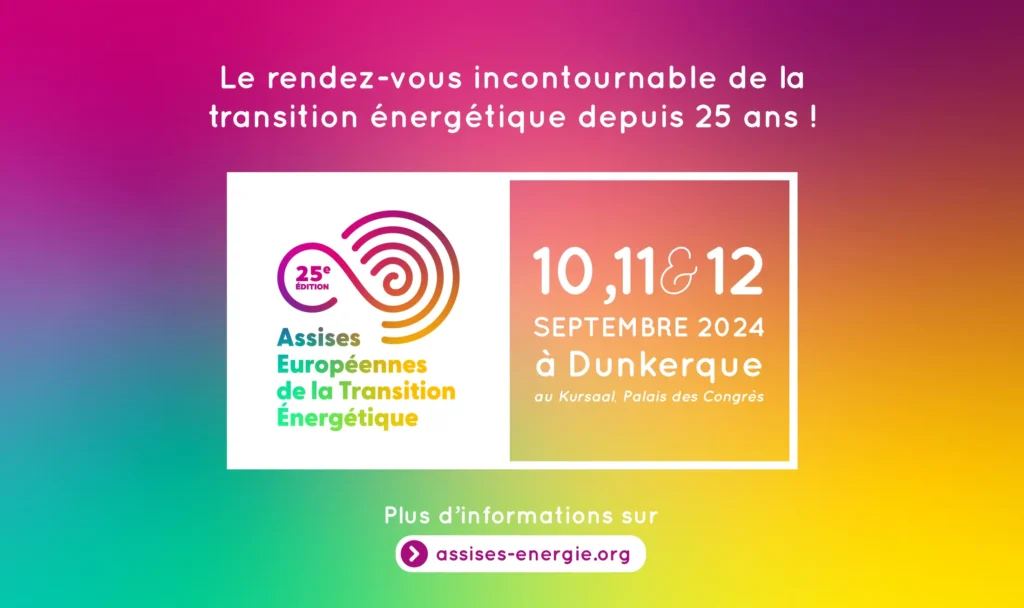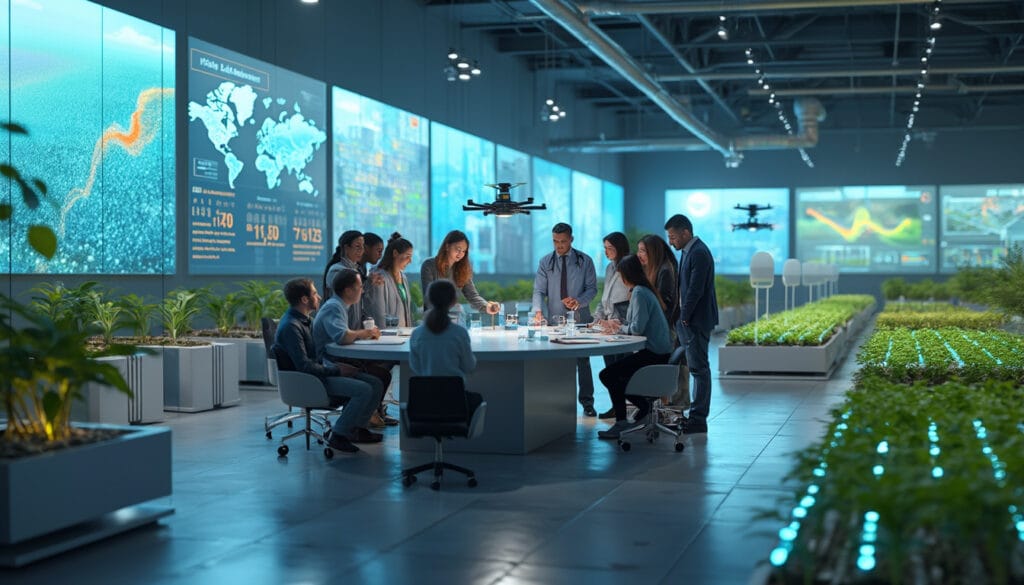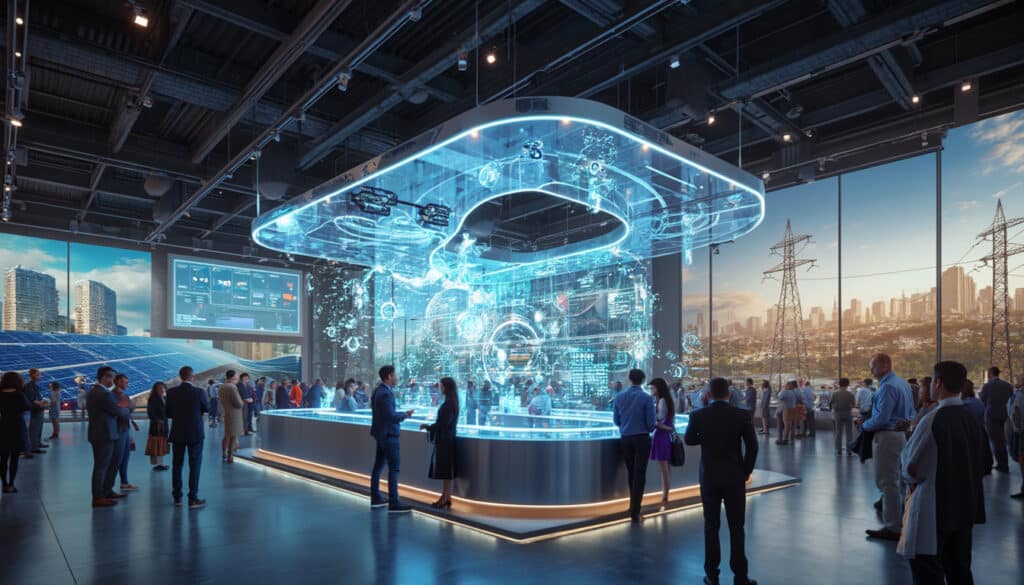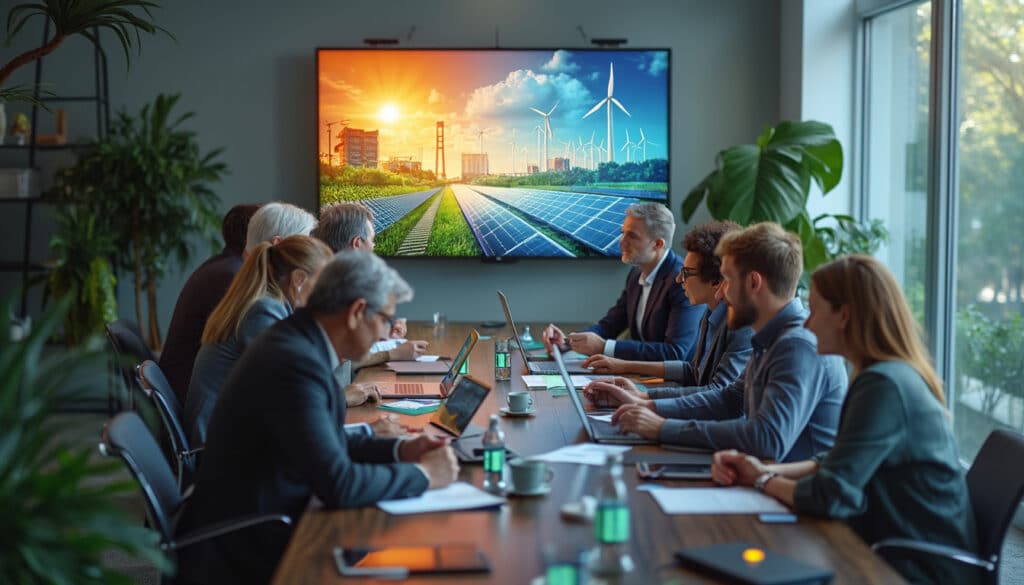The Smart Energy Experts Group recently met for the first time in Europe, marking a crucial step towards accelerating the smart energy transition. Established to enhance the digitalization of the energy system, this new entity succeeds the previous Smart Grids Task Force and aims to closely integrate innovations and digital solutions. Co-chaired by members of the DG Energy and DG Communications Networks, it brings together 36 organizations, blending public authorities from the 27 European member states and several statutory entities. This inaugural meeting allowed for the adoption of the “Rules of Procedure”, thus paving the way for rich exchanges in expertise and best practices.
A new Smart Energy Experts Group has recently been established in Europe, with the mission of accelerating the digitalization of the energy system. This group held its first meeting, during which the rules of procedure were adopted. Composed of 36 organizations, including public authorities and regulatory entities, the group is co-chaired by representatives from the DG Energy and Communications Networks. Its objectives include providing expertise to the Commission, promoting best practices, and developing legislation. Subgroups on themes related to energy data, consumer empowerment and protection, as well as cybersecurity are expected to be established to continue these energy transformation efforts.

Birth of the Smart Energy Experts Group
The first meeting of the Smart Energy Experts Group marks a turning point in the approach to digitalization of the energy system in Europe. This newly established group, arising from the energy digitalization action plan, replaces the previous Smart Grids Task Force. Its goal is to accelerate the smart energy transition. Co-chaired by representatives from the DG Energy and Communications Networks, the group provides its expertise to the Commission to prepare and implement relevant legislation.
After a call for applications in October 2023, the group has been enriched with 36 organizations and public authorities from the 27 member states. It includes five regulatory public entities, essential to the structure of the European energy sector, with active participation from sector professional associations. Among these organizations are CEER, CurrENT, and E.DSO, highlighting the diversity of expertise. No individual membership is accepted, but invited experts with specific skills may contribute to enhance the group’s discussions.
Key Missions and Working Subgroups
The new group aims to encourage knowledge exchange, promote best practices, and advise the European Commission in its legislative decisions related to energy. To meet these ambitious goals, three working subgroups are proposed: Data for Energy, Consumer Empowerment and Protection, and Cybersecurity. These subgroups will play a crucial role in structuring discussions around innovative data usage, consumer protection, and securing infrastructures against cyber threats.
Engine for the Energy Transition
The Smart Energy Experts Group, although appearing slightly later than expected, has a work schedule that nominally includes two annual meetings, with work planned in between. This rhythm aims to instill a continuous dynamic in the sector, thereby ensuring that significant progress is made towards the set objectives. This group represents an unprecedented opportunity to harmonize efforts across Europe, emphasizing a sustainable and secure energy transition with a particular focus on cutting-edge technologies.
Articles similaires
Thank you!
We will contact you soon.














